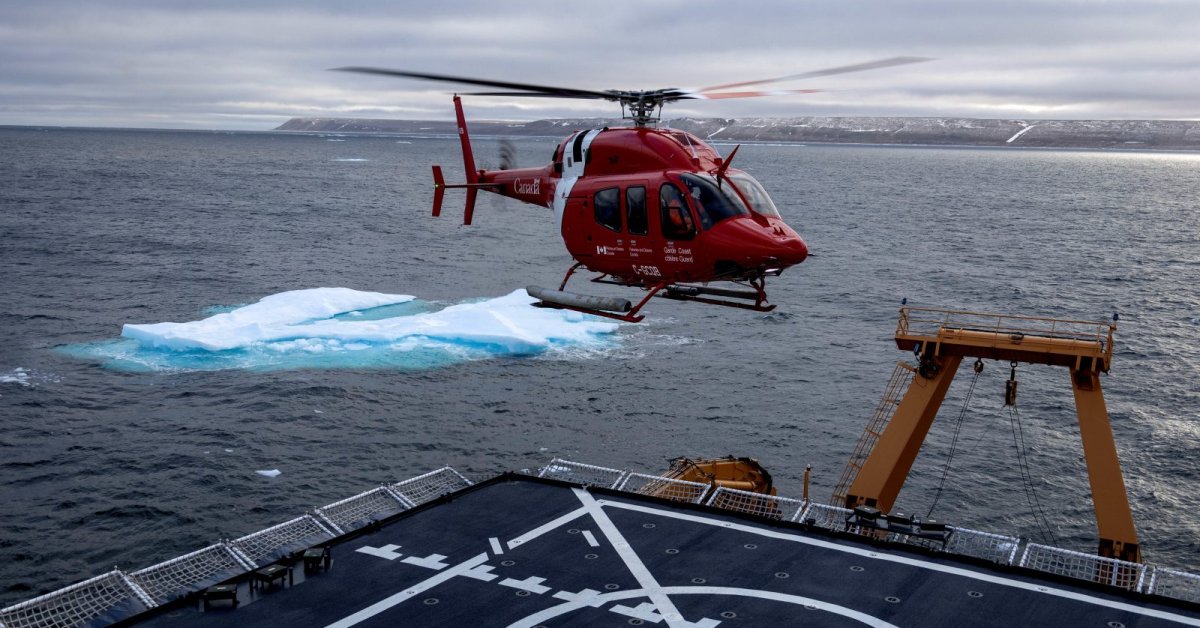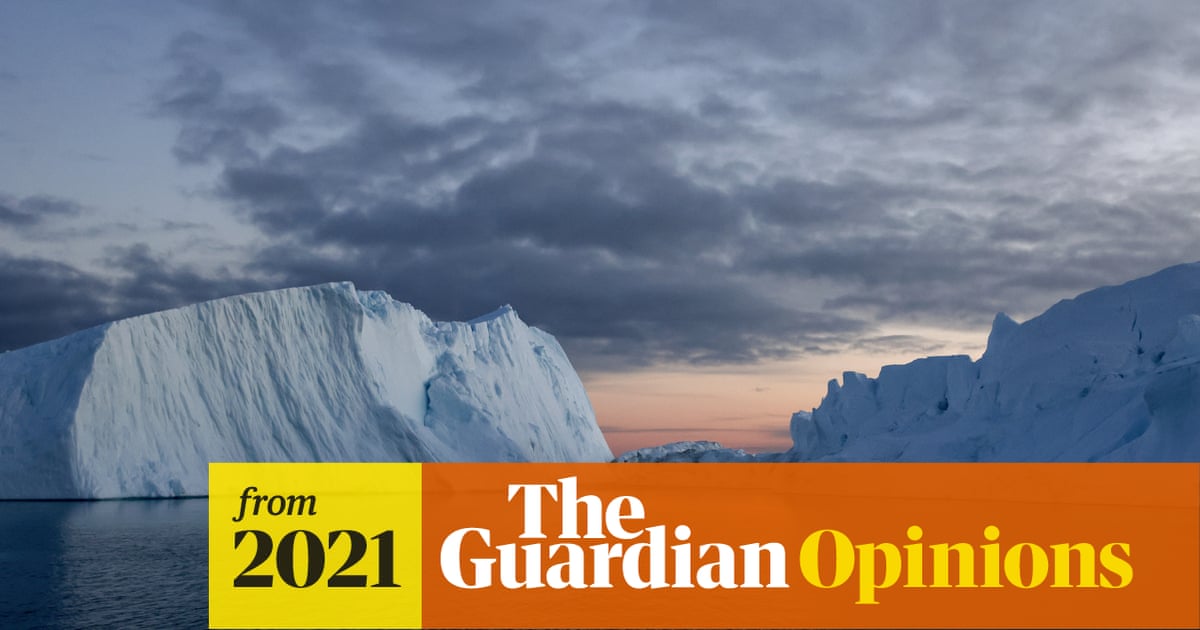mspohr
Well-Known Member
‘It’s a miracle crop’: the pioneers pushing the powers of seaweed
In addition to bolstering the state’s floundering maritime industries, the brown, fibrous sea vegetable is effective at absorbing carbon, in addition to fighting ocean acidification. Scientists at King Abdullah University of Science and Technology (KAUST), Red Sea Research Center estimate that coastal habitats and wetlands absorb five times more carbon than terrestrial forests.
Although scientists are elated about kelp’s capacity as a carbon sink, the atmosphere only nets a benefit if the kelp is harvested and used. If the seaweed stays in the sea it disintegrates in the summer sun, releasing the carbon and nitrogen it has absorbed from the ocean to dissolve back into the water. Enter: kelp as food. Many consumers are already familiar with nori seaweed in sushi rolls, and seaweed salads, but there is a widening interest in kelp from top chefs, and health food grocery stores stocking products such as kelp cubes which can be added to scones or pasta sauces, cookies or soups. Akua debuted a kelp burger earlier this year, and it had many climate activists thinking this could be the new shift.
In addition to bolstering the state’s floundering maritime industries, the brown, fibrous sea vegetable is effective at absorbing carbon, in addition to fighting ocean acidification. Scientists at King Abdullah University of Science and Technology (KAUST), Red Sea Research Center estimate that coastal habitats and wetlands absorb five times more carbon than terrestrial forests.
Although scientists are elated about kelp’s capacity as a carbon sink, the atmosphere only nets a benefit if the kelp is harvested and used. If the seaweed stays in the sea it disintegrates in the summer sun, releasing the carbon and nitrogen it has absorbed from the ocean to dissolve back into the water. Enter: kelp as food. Many consumers are already familiar with nori seaweed in sushi rolls, and seaweed salads, but there is a widening interest in kelp from top chefs, and health food grocery stores stocking products such as kelp cubes which can be added to scones or pasta sauces, cookies or soups. Akua debuted a kelp burger earlier this year, and it had many climate activists thinking this could be the new shift.







